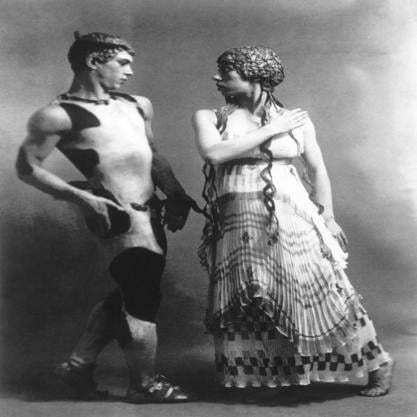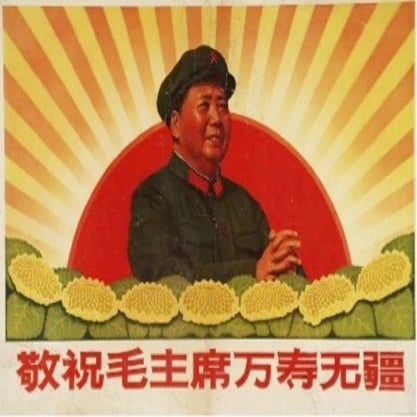Article
Wu Xiaobang (吴晓邦) (1906–95) By Wilcox, Emily E.
Article
Wu Xiaobang, known in China as “the father of Chinese new dance,” was the most important pioneer of modern dance in twentieth-century China. Exposed to German and American modern dance and ballet in Japan in the 1930s, Wu devoted his life to promoting dance for the use of patriotic and leftist political causes, as well as to the documentation and study of Chinese religious and folk dance. Wu founded the first Chinese-run modern dance school in Shanghai in the early 1930s, and in 1937 he joined the “National Salvation” movement traveling around war-torn China as an activist-choreographer and performer. Exile Trilogy, Song of the Guerillas, and March of the Volunteers, among more than fifty original works created in 1937–8, are Wu’s trademark dance works. As one of two instructors of the Dance Cadre Training Course held in Beijing in 1951–2, Wu shaped a generation of dance leaders in China. He founded the Chinese Dance Art Research Society in 1954 and the Sky Horse (Tianma) Dance Art Studio in 1957. Wu was appointed Chairman of the China Dancers Association and founding member of the Dance Research Institute in 1978, and in 1982 he became first advisor to master of the arts in dance programs in China.

